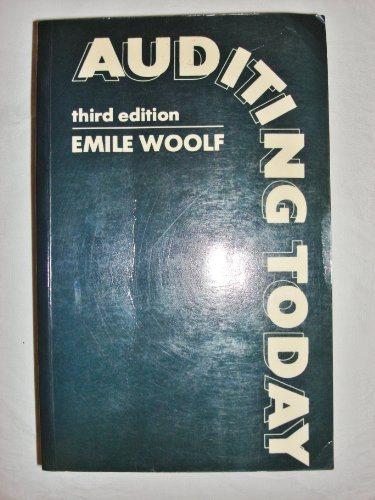Question
Contracts involving the transfer of a firm by one party to another may contain a covenant not to compete, and employment contracts frequently contain such
Contracts involving the transfer of a firm by one party to another may contain a covenant not to compete, and employment contracts frequently contain such covenants. Typically, two categories of contractual arrangements may entail some type of constraint on the competition. As stated in the text, it is against public policy and unlawful to utilize a noncompetition provision (also known as a non-compete agreement) only to stifle competition. Noncompete clauses in a business purchase agreement must pass the three-part textual test in order to be valid. It is possible to enforce a noncompete clause in an employment contract, but it must be fair, cannot stop someone from engaging in a "common vocation," and must have a valid commercial objective. I once represented a client who acquired a deli business from another client while I had a private practice. We required the seller to add a noncompete clause in the business selling contract. The condition forbade the seller from owning and running another deli within five miles of the deli that was being sold for five years. Additionally, the provision forbade the seller from working in a deli for the same amount of time (five years) and in the same region (a five-mile radius). The vendor acquiesced, acknowledged the contract, and sold my client the company.
Was the noncompete clause in the contract written with a proper business objective in mind? What was it, if so? Why not, if not? (Don't presume that the clause was valid, logical, etc. because I participated in the contract's development. ) For all of the questions, I'd appreciate your opinions.)
Were the time, place, and scope limitations on competition reasonable? Each topic should be discussed, and you should state whether you thought it was logical and why, or why you didn't.
Did the seller suffer undue hardship due to the noncompete clause?
Would a 25-mile radius of the noncompete provision have been appropriate, given that the company was a deli? If not, for what kinds of firms can a noncompete provision including a 25-mile (or more) radius be acceptable?
What would be the right course of action against the seller in the event that they broke the noncompete agreement (presuming the noncompete clause was valid and legal)?
Step by Step Solution
There are 3 Steps involved in it
Step: 1

Get Instant Access to Expert-Tailored Solutions
See step-by-step solutions with expert insights and AI powered tools for academic success
Step: 2

Step: 3

Ace Your Homework with AI
Get the answers you need in no time with our AI-driven, step-by-step assistance
Get Started


